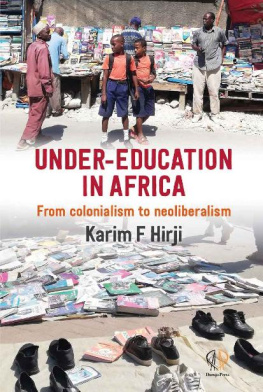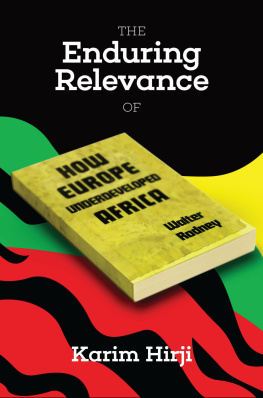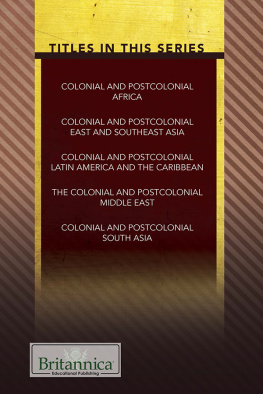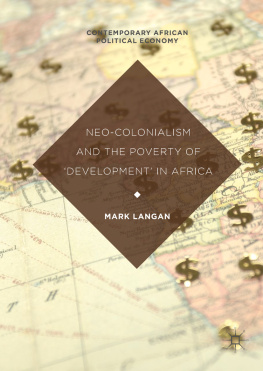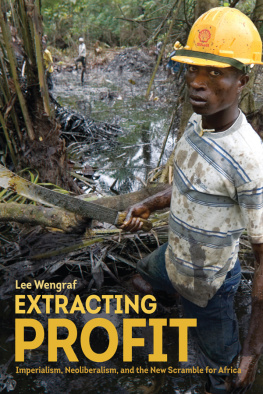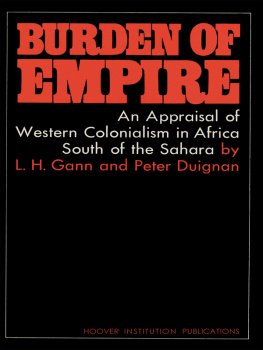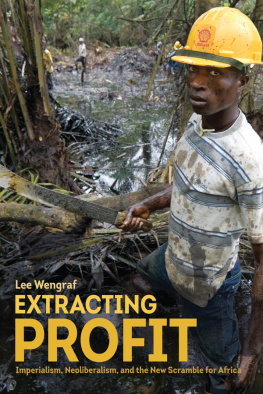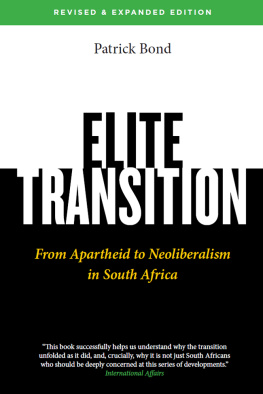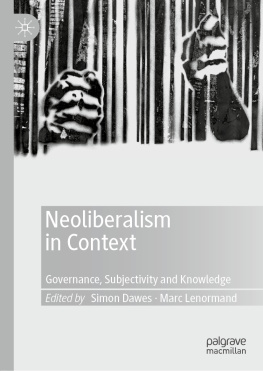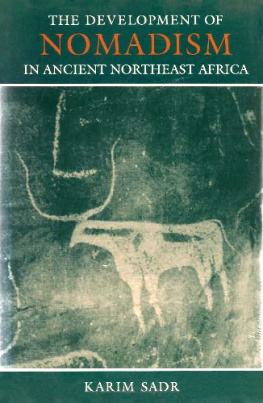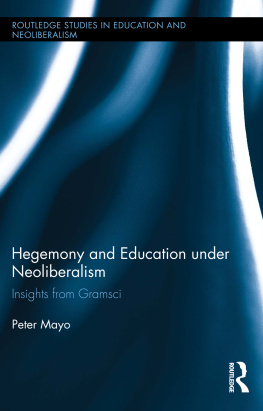Karim F Hirji - Under-Education in Africa: From colonialism to neoliberalism
Here you can read online Karim F Hirji - Under-Education in Africa: From colonialism to neoliberalism full text of the book (entire story) in english for free. Download pdf and epub, get meaning, cover and reviews about this ebook. year: 2019, publisher: Daraja Press, genre: Politics. Description of the work, (preface) as well as reviews are available. Best literature library LitArk.com created for fans of good reading and offers a wide selection of genres:
Romance novel
Science fiction
Adventure
Detective
Science
History
Home and family
Prose
Art
Politics
Computer
Non-fiction
Religion
Business
Children
Humor
Choose a favorite category and find really read worthwhile books. Enjoy immersion in the world of imagination, feel the emotions of the characters or learn something new for yourself, make an fascinating discovery.
- Book:Under-Education in Africa: From colonialism to neoliberalism
- Author:
- Publisher:Daraja Press
- Genre:
- Year:2019
- Rating:3 / 5
- Favourites:Add to favourites
- Your mark:
- 60
- 1
- 2
- 3
- 4
- 5
Under-Education in Africa: From colonialism to neoliberalism: summary, description and annotation
We offer to read an annotation, description, summary or preface (depends on what the author of the book "Under-Education in Africa: From colonialism to neoliberalism" wrote himself). If you haven't found the necessary information about the book — write in the comments, we will try to find it.
Karim F Hirji: author's other books
Who wrote Under-Education in Africa: From colonialism to neoliberalism? Find out the surname, the name of the author of the book and a list of all author's works by series.
Under-Education in Africa: From colonialism to neoliberalism — read online for free the complete book (whole text) full work
Below is the text of the book, divided by pages. System saving the place of the last page read, allows you to conveniently read the book "Under-Education in Africa: From colonialism to neoliberalism" online for free, without having to search again every time where you left off. Put a bookmark, and you can go to the page where you finished reading at any time.
Font size:
Interval:
Bookmark:
A collection of essays from an educator-activist that take us back to one of the richest periods of African intellectual debate about knowledge and colonization, the early 1970s at the University of Dar es Salaam, with valuable lessons for today. Budd L Hall, PhD, Professor Emeritus, UNESCO Co-chair in Community-Based Research and Social Responsibility in Higher Education, University of Victoria, Canada.
This is a timely, broad ranging, provocative series of essays about under-education in Africa. The authors lived experiences, particularly in Tanzania, form a rich base for much of the critical contextual analysis. New generations of scholar-activists in Africa and elsewhere are urged to learn from history, to debate, to question and strive, with passion and hope, to attain a just, more egalitarian world. Shirley Walters, Professor Emerita, University of Western Cape, South Africa.
An inspiring collection of vivid stories and profound critiques of education from a committed scholar-activist who draws upon a lifetime of engaged learning, teaching, research and debate. Revealing how under-education has been spawned by global capitalism, it also inspires hope and offers strategies for educational and social change in Africa and beyond. Pat Saul, UDSM graduate, teacher and community activist for social change, Toronto.
A dedicated and passionate educator and scholar activist, Karim Hirji explores the connection between education and a dependent economy, and the systematic de-education of the Tanzanian and African masses during the colonial and post-colonial periods up to the present day. Broad structural analysis of underlying factors such as social and economic injustice, political accountability and neoliberal policy is combined with concrete investigation of the challenges facing students and teachers at all levels of the education system and ends on a positive note, dare to dream. An enjoyable work; a valuable resource for all concerned about advancing education in Africa. Marjorie Mbilinyi, Professor of Education, University of Dar es Salaam (1968-2003), independent researcher and writer.
Published by Daraja Press
https://darajapress.com
Karim F. Hirji 2019
All Rights Reserved
Cover Design: Kate McDonnell
Cover Photos: Yusuf Ahmad and Christina Mfanga.
Library and Archives Canada Cataloguing in Publication
Hirji, Karim F., author
Under-education in Africa: from colonialism to neoliberalism / Karim F. Hirji.
Includes bibliographic references.
Issued in print and electronic formats.
Identifiers: Canadiana (print) 20190136235. Canadiana (ebook) 20190136251
ISBN 9781988832357 (softcover). ISBN 9781988832364 (ebook).
EducationTanzania. Education and stateTanzania.
EducationAfrica. Education and stateAfrica.
Classification: LCC LA1841 .H57 2020 | DDC 370.9678dc23
To
The People of Tanzania
++++++++++
Each day be open to the world,
be ready to think;
each day be ready not to accept
what is said just because it is said,
be predisposed to reread what is read;
each day investigate, question, and doubt.
Paulo Freire
++++++++++
| AKU | Aga Khan University |
| CPU | Common Peoples Uganda |
| DS | Development Studies |
| EASE | East African Society and Environment |
| ESR | Education for Self-Reliance |
| FRELIMO | Frente de Libertao de Moambique |
| HEUA | How Europe Underdeveloped Africa |
| MCT | Media Council of Tanzania |
| MNP | Mkuki na Nyota Publishers |
| MUHAS | Muhimbili University of Health and Allied Sciences |
| PAC | Pan Africanist Congress |
| TANU | Tanganyika African National Union |
| TSh | Tanzania Shilling(s) |
| TYL | TANU Youth League |
| UDSM | University of Dar es Salaam |
| USARF | University Students African Revolutionary Front |
| WUS | World University Service |
Education means breaking free.
Abhijit Naskar
++++++++++
IN THE COURSE OF TEACHING for over four decades, I wrote a number of essays on the different facets of the education systems in Tanzania and the USA. They were based on my classroom experience as well as wider investigations. The main issues that interested me were:
- What is the purpose of education, for individuals and society?
- Are educational curricula what they should be?
- Whose interests does the education system serve?
- Should educational institutions be run on a democratic footing?
- What is role of teachers in the education system?
- What is meant by good quality and poor quality education?
- How can education serve the interests of the common people and contribute to the development of a just, humane society?
These questions were explored in relation to varying phases of history and different components of the systems of education. This book brings together, in edited and revised versions, sixteen essays in the belief that what they contain is not just of historic interest but is also of relevance to the present times. In revising them, I have tried to maintain the essence of what was in the initial versions, though in several cases, I have added new material. Four essays are new to this book.
While the essays can be read in any order, it is best to tackle them in the sequence given. What appears earlier sheds light on what appears later. The spelling in this book follows US English.
In the course of initially writing the essays, I gained much from my colleagues and students. It is not possible to name them here. Yet, they have my profound thanks. I also thank Christina Mfanga for research and typing two essays, Yusuf Ahmad for photography, Firoze Manji for his comradely and professional support in the production of the book, Rosa Hirji for useful advice, and Farida Hirji for editing assistance and enduring love and encouragement.
Karim F Hirji
July 2019
Dont limit a child to your own learning,
for he was born in another time.
Rabindranath Tagore
++++++++++
EDUCATION, FORMAL AND INFORMAL, elementary and advanced, is the means by which a society transmits its accumulated knowledge, skills and values from one generation to the next. The teacher, a central player in this process, bears the responsibility of molding the growing human along ways consonant with social needs and values. A good education fosters the growth of creative, intellectually mature and astute individuals who prize critical thought and freedom of expression as well as service to fellow human beings.
That, in theory, is how it is supposed to be. Modern societies are not homogeneous entities but are based on economic class divisions. The interests of the many at the bottom do not coincide with those of the few at the top. In such societies, social institutions function in accord with the interests of the dominant class. Education here has a dual role, a technical role and an ideological role. Besides training people who can competently undertake the tasks in the various sectors of society, it also inculcates values and an outlook that conform to the
Font size:
Interval:
Bookmark:
Similar books «Under-Education in Africa: From colonialism to neoliberalism»
Look at similar books to Under-Education in Africa: From colonialism to neoliberalism. We have selected literature similar in name and meaning in the hope of providing readers with more options to find new, interesting, not yet read works.
Discussion, reviews of the book Under-Education in Africa: From colonialism to neoliberalism and just readers' own opinions. Leave your comments, write what you think about the work, its meaning or the main characters. Specify what exactly you liked and what you didn't like, and why you think so.

